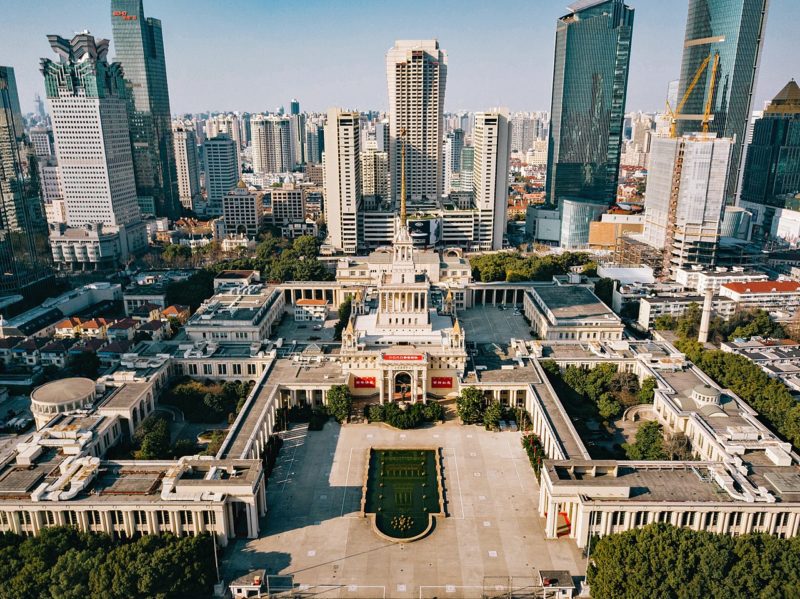Quick take:
- Shanghai has unveiled an ambitious plan for the metaverse.
- The Chinese financial hub plans to invest in the industry creating a $300 billion market opportunity.
- Shanghai new metaverse initiative focuses on supporting cloud rendering services, AI and blockchain infrastructure.
China’s vision for the metaverse is becoming clearer after Shanghai unveiled a new plan to create more than $300 billion in wealth for the city according to a document published by Baidu.
The report points to the growing use-cases of the metaverse and predicts that it could be worth more than 350 billion yuan (~$50 billion) by 2025 in Shanghai alone.
The Shanghai government also expects a significant trickle-down effect to boost the city’s software and information service industry to exceed 1,500 billion yuan (~$223 billion), with the electronic information manufacturing industry exceeding 550 billion yuan (~$82 billion).
The new plan is part of the government’s digital transformation agenda as it bids to become one of the leading innovation centres in the world.
“We will create more than 50 innovative demonstration applications that integrate and empower vertical scenarios, and launch more than 100 benchmarking products and services that lead the industry,” the report reads.
Included in the plan are projects that include promoting the creation of unique “Metaverse” industrial parks and speeding up the introduction of “Metaverse” industrial talents.
The digital transformation strategy is also reliant on a significant change in focus, which includes breaking from digital production tools to focus on tackling key productivity tools in the “metaverse” such as 3D graphics and image engines, digital modelling, digital design, and digital human generation.
Shanghai’s new plan also suggests it could be about to follow Hong Kong’s example in testing virtual exhibition centres.
The government said it plans to “accelerate the promotion of digital exhibitions, encourage the creation of cloud exhibition halls and digital exhibition halls, and provide borderless and immersive display services.”
It is also looking to invest in the EdTech sector with virtual-real interactive new education projects, including “[building] virtual classrooms, and explore integrated applications such as multi-point collaborative teaching, remote interactive teaching.”
Other sectors being explored for the metaverse include new cultural tourism of virtual and real interaction and virtual and real interactive new entertainment.
The government will look to invest in the fusion of virtual and real intelligent manufacturing to build a digital twin factory and support the construction of a high-precision and interactive virtual mapping space.
Stay up to date:





